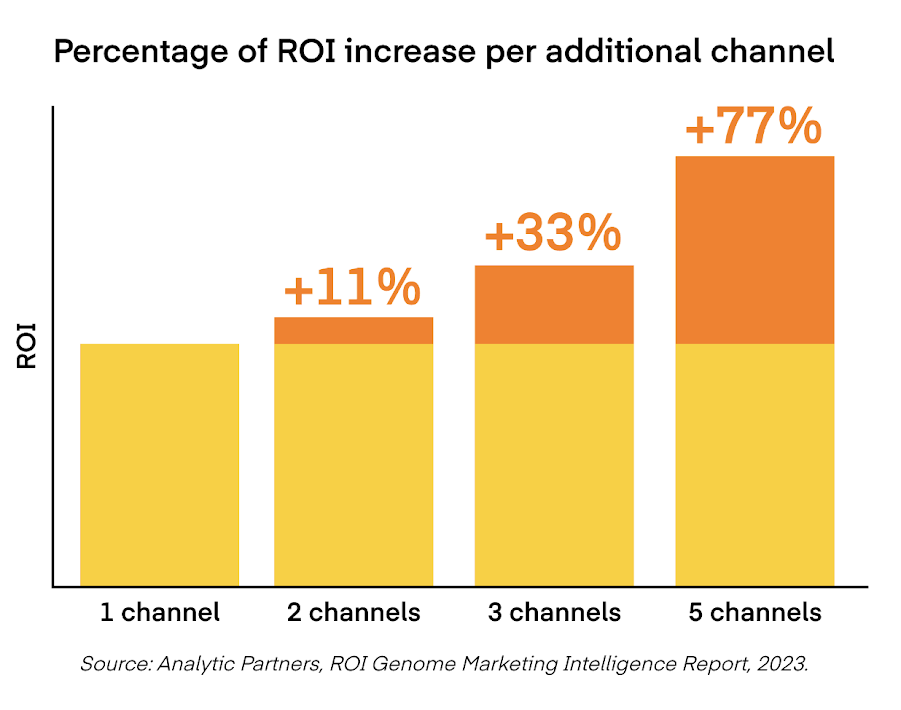Product of the week

In today’s digital-first marketplace, consumers interact with brands across numerous platforms before making purchasing decisions. Multi-channel marketing—the strategic integration of various marketing channels into a cohesive campaign—has evolved from a competitive advantage to an essential strategy. Delivering consistent messaging across platforms is more important now than ever.
Key benefits of multi-channel marketing include:

Multi-channel marketing stems from understanding how modern consumers behave. Rather than following a linear path to purchase, today’s buyers zigzag across channels—researching on search engines, seeking opinions on social media, comparing options on review sites, and potentially completing purchases through entirely different avenues. Each touchpoint represents an opportunity to guide prospects closer to conversion.
Successful multi-channel campaigns require more than simply distributing identical content across different platforms. The most effective approach involves tweaking content for each channel, but still maintaining a consistent message. For instance, a product launch might leverage in-depth blog content for detailed information, eye-catching visual elements for social media, concise messaging for email campaigns, and interactive elements for mobile engagement, though the product and the message will remain consistent throughout.
The data advantages cannot be overstated. Multi-channel approaches generate comprehensive insights across the customer journey, revealing which combinations of channels produce the highest engagement and conversion rates. This intelligence allows marketers to continuously optimize spending and messaging strategy, directing resources toward the most effective channel combinations for specific audience segments.
Multi-channel marketing represents the natural evolution of marketing strategy in our increasingly connected world. By meeting customers where they already spend time and delivering consistent, channel-appropriate messaging, brands can deliver more effective campaigns. The approach not only accommodates diverse consumer preferences but transforms those preferences into strategic advantages—making multi-channel marketing an essential component of any comprehensive marketing strategy.
